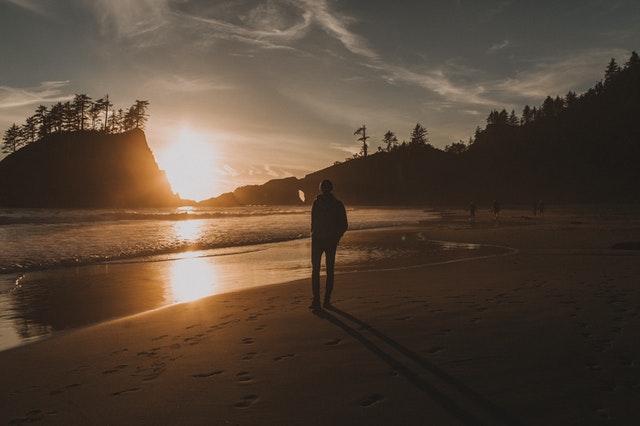Planning a vacation with your friends and family can be difficult for cancer patients. The fear of the risk involved and how to cope can be devastating. However, Operazione Pillole da Viaggio gives you something to look forward to and also take time out to have fun with your loved ones. While some travel for treatment, others just want to come out of their misery and enjoy the moment.
Many people can travel during and after the treatment of cancer. Anxiety will certainly arise especially the first time after diagnosis. However, adequate preparation will ensure a safe and stress-free trip. Traveling with cancer is safe for a patient who does not have a low platelet level due to chemotherapy, stable, and is healed from any wound from surgery.
Find out if you can travel from your doctor, tell him where you are going and ask him about any hospital he can refer you to in case you need help. Get copies of your prescription in case of any emergency and know when to use your medication. Learn more about Operazione Pillole da Viaggio (travel pills operation), preventive measures, patient personal care, oxygen level. Including how to deal with pressure, tips and copping with cancer while traveling from your doctor
Let’s explore how to travel with cancer with Shedir pharma, an Italy- based pharmaceutical company that organizes trips and conferences. Read on!
Consult your doctor
Talk to your doctor about your trip, ask him if it is safe for you to travel, and if you need to follow any rules and regulations while traveling. Also, get sufficient and excess medication in case you run out of drugs during your trips. It is important to have your family members or your traveling partners with you while visiting your doctor for them to know and understand your needs, Operazione Pillole da Viaggio (travel pills operation) and feel comfortable traveling with you. Furthermore, get a copy of your medication including their generic name, dosage, and schedules.
Hold a copy of your medical history
Complications may arise during your trip and you might need to see a doctor urgently. Your medical history helps the doctor to know, understand, and gives him insight on what to do. Make sure your travel partners have a copy in case you are unconscious and unable to provide any information.
Research your destination
Before traveling, research about your destination, know if there is a restriction for a cancer patient, and documents you need to present on arrival. Research about any vaccination requirements and if any, talk to your doctor about it to know if it can be handled by your body as chemotherapy and other cancer treatment weakens the immune system and also reduce the effectiveness of vaccines.
Protect your skin
Cancer treatment often increases your skin sensitivity to the external environment such as sun, sand, water, and many more. Exposure to the sun can cause sun damage which can either be temporary or permanent. Therefore, cancer patients need to take precautions such as wearing sun shades, reapplying sunscreen all over your body every couple of hours, putting on a protective hat and light cloth to protect you from the sun while outside. Lastly, take good care of your skin and avoid or limit your sun exposure.
Protect yourself from infections
While traveling, it is easy to get an infection as you are in close contact with many people. Therefore, it is important to take several precautions such as washing your hands often and make sure everyone around you is doing the same. Use sanitizer to clean everything you come in contact with and always use a nose mask. Furthermore, stay away from uncooked vegetables, raw fish or meat, and drink bottled water.
Be careful with your medication
All your medication should be carefully packed at one side of your bag where you can easily access it. Secured and saved from any external damage.
Pack well
Make a list of everything you need to pack and carefully arrange them in your luggage. Keep your medication, insurance, and medical history in a separate bag. Make sure your medicine is in their original container in case of verification or supervision. Separate all your belonging to each side of the bag to prevent mix up or rough handling of sensitive items.
Tags: CancerOperazione Pillole da ViaggioSequestro Shedir PharmaShedir pharmatravelTravel with Cancer

